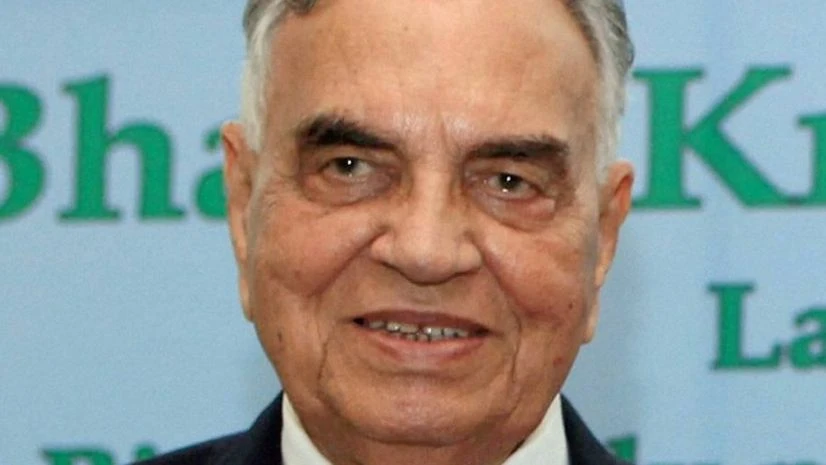His stint as the Speaker, the longest ever for any occupant of the chair till date, witnessed several changes in the working of the Lok Sabha. His contribution to improvements in the Parliament library, reference, and documentation and information service for the use of Members of Parliament is still remembered.
Born on August 23, 1923 at Panjkosi village in Ferozepur district of Punjab, Jakhar graduated from a college in Lahore before the partition. He then took up the family profession of farming and introduced modem techniques that helped increase the yield. In 1975, Jakhar was conferred with 'All India Udyan Pandit' award by the President. He was elected to the Punjab assembly in 1972 and become a junior minister a year later. He was the leader of the opposition in the Punjab assembly in 1977.
Jakhar was elected to the Lok Sabha from Punjab's Ferozepur seat in 1980, and from Sikar in Rajasthan in 1984. In November 1987, Jakhar, as the Speaker, ruled that courts cannot compel speakers to present themselves before the courts in defence of what is perceived as their omissions and commissions relating to the functioning of Parliament.
The department-related standing committee system, introduced during the 10th Lok Sabha, is also seen as an offshoot of the original subject committee system introduced by Jakhar in August-September 1989 after years of deliberations. Jakhar was re-elected from Sikar in 1991 and from Bikaner in 1998. Jakhar, all through his life, championed the cause of farmers. Jakhar's elder son, Sajjan Kumar Jakhar, was a minister in the Congress government in Punjab. His youngest son, Sunil Kumar Jakhar is a senior Punjab Congress leader and has served as leader of opposition in Punjab.

)
